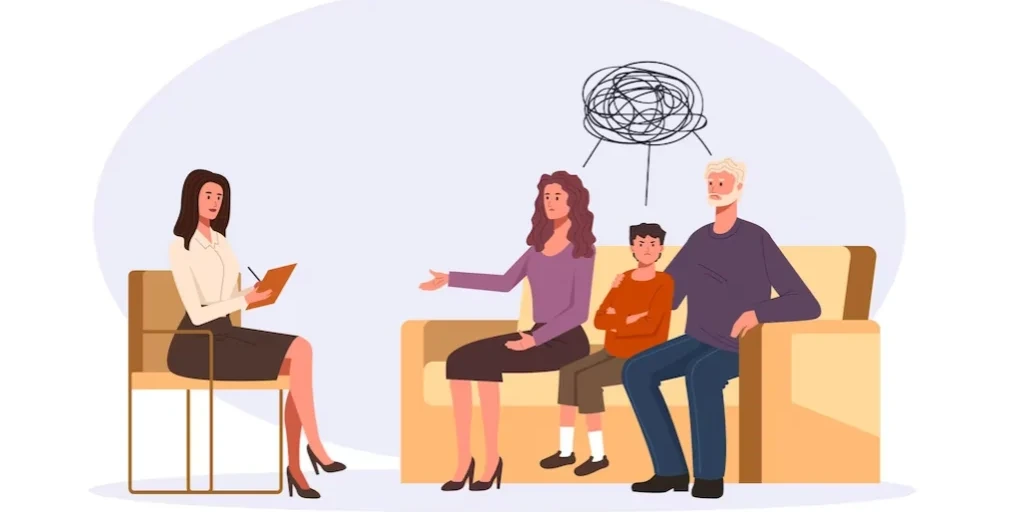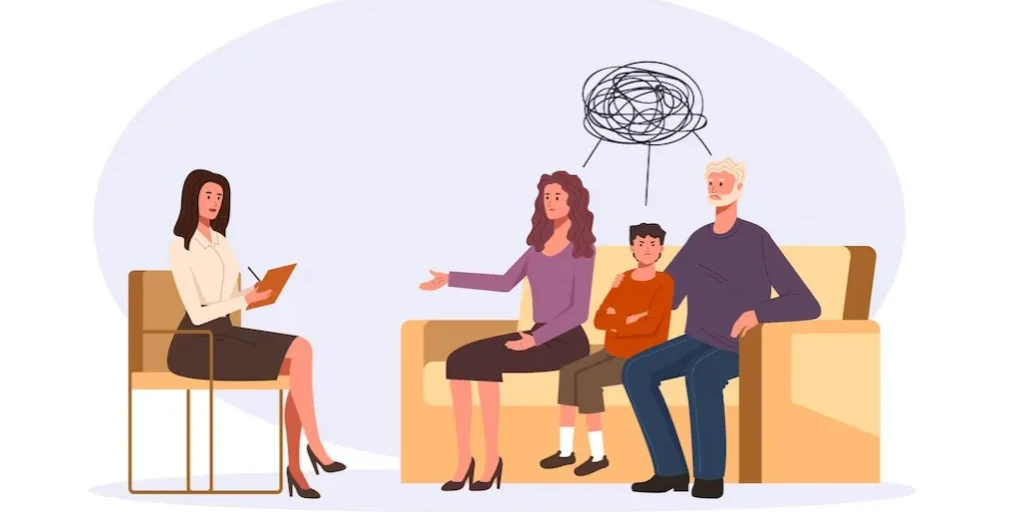24/7 Helpline:
(866) 899-221924/7 Helpline:
(866) 899-2219
Learn more about Residential Rehab centers in Dryden
Residential Rehab in Other Cities

Other Insurance Options

WellCare Health Plans

WellPoint

Self-pay options

Humana

Access to Recovery (ATR) Voucher
Beacon

Anthem

Sutter

Providence

MHNNet Behavioral Health

Optima

ComPsych

Covered California

BHS | Behavioral Health Systems

Ambetter

UnitedHealth Group

Premera

Health Net

Horizon Healthcare Service

Sliding scale payment assistance

Lapeer County – Touchstone
Lapeer County Community Mental Health and CMHSP is a public rehab located in Lapeer, MI. Lapeer Coun...

Alcohol Information and Counseling Center
Alcohol Information and Counseling Center is a public organization located in Lapeer, Michigan. Alco...

List Psychological Services
List Psychological Services is a private group practice specializing in behavioral health care; incl...

























































































Concepts in Counseling
Concepts in Counseling is a private rehab located in Lapeer, Michigan. Concepts in Counseling specia...

Alcoholics For Christ – Full Potential Ministry
Alcoholics For Christ - Full Potential Ministry is located in Imlay City, Michigan. Alcoholics For C...

Alcoholics For Christ – Faith Christian Church
Alcoholics For Christ - Faith Christian Church is located in Lapeer, Michigan. Alcoholics For Christ...




































































